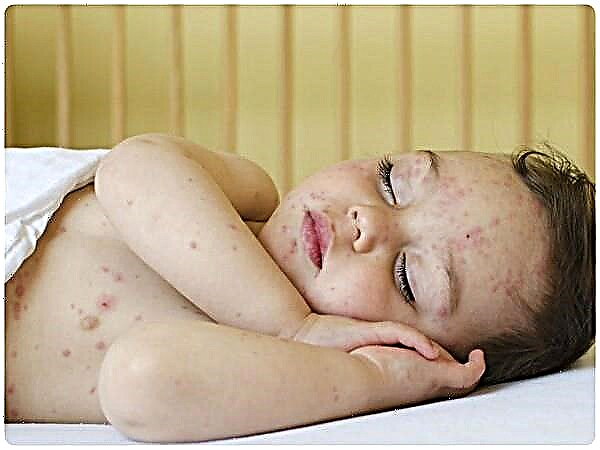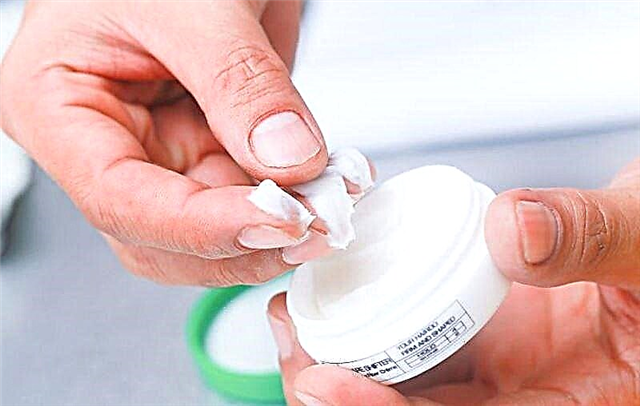
A high temperature in a child always causes concern for parents, it does not matter whether a fever is detected in a very tiny baby or an already grown son or schoolgirl daughter. According to doctors, the use of antipyretic drugs is indicated when the thermometer is above + 38 + 38.5 degrees.

Among medicines with such an effect, Nurofen is often chosen. Having given this drug, a caring mother is interested in how quickly the temperature will begin to "fall" and the child will feel better. If the medicine does not work, you should know when it is allowed to give the medicine again. These and some other questions are worth considering in more detail.
Forms and composition of Nurofen
The drug that can be given to children is produced in three versions:
- Rectal suppositoriesprescribed to patients aged three months to 2 years. Their advantage is a very simple composition, since in addition to the main ingredient represented by ibuprofen at a dosage of 60 mg, they include only solid fats. And therefore, this form of medicine is called the most preferable for infants and children prone to allergies.

- Suspensionwhich has an orange or strawberry flavor. According to mothers' reviews, most children take this sweet drug with pleasure, and dosing the syrup is very simple, since a measuring plastic syringe is attached to the bottle. The medicine is prescribed from 3 months of age to 12 years. Its composition includes ibuprofen at a dose of 100 mg / 5 ml and additional compounds in the form of a flavoring agent, gum, glycerol, maltitol and other substances. The product does not contain sugar or dyes.
- Coated tablets, allowed for children over 6 years old. They have a small size, smooth surface and a sweet shell, so schoolchildren usually do not have problems with swallowing. Each tablet contains ibuprofen in a dosage of 200 mg and auxiliary components, including stearic acid, sucrose, macrogol and other substances.

Mechanism of action and indications
The ibuprofen present in each form of Nurofen affects the production of prostaglandins, due to which the drug has a fairly pronounced antipyretic effect.

This leads to the most frequent use of the drug for fever caused by a viral infection, vaccination, infection with bacteria and other factors.
The inhibition of prostaglandin synthesis also leads to an analgesic effect, therefore Nurofen is also used for pains of different localization, for example, in the joints, ear, tooth, throat, back, and so on.
When should not be given to children?
Like many other drugs, Nurofen has a lot of contraindications, therefore, use in childhood without consulting a doctor is not recommended. The drug is prohibited:
- with hypersensitivity to any of its components;
- with diseases of the gastrointestinal tract, occurring with ulceration or inflammation of the wall of the digestive tract;
- with serious kidney disease;
- with hyperkalemia;
- for violations in the blood coagulation system;
- with bleeding;
- with severe liver pathologies.

In addition, suppositories are not used for rectal inflammation, and suspension and tablets are not prescribed for children with fructose intolerance and other problems with the digestion of carbohydrates. If the child has immune pathologies, asthma, anemia, diabetes mellitus and other diseases, Nurofen can be given only under the supervision of a doctor.
When does the drug start to work?
The onset of the antipyretic and analgesic action of Nurofen primarily depends on the form of the drug, as well as the duration of the therapeutic effect after administration:
- Active substance rectal suppository absorbed for about 15-20 minutes, so this form of medication begins to act in about 20-30 minutes after the suppository has entered the intestinal lumen. The duration of the antipyretic and analgesic effect of such Nurofen is up to 8 hours.

- Ingredients suspensions are absorbed in the digestive tract for at least half an hour, so the action of the syrup is observed about 40-60 minutes after the child has taken this sweet medicine. The effect of using the suspension is not as long as that of suppositories, but in most children, the temperature drops by at least 4-6 hours (on average, by 6-8 hours).
- Active ingredient pills enters the bloodstream and accumulates there in sufficient quantities for 40-50 minutes, so the effect of such Nurofen begins to manifest itself 45-60 minutes after the tablet is swallowed. The duration of action of this form of medication is 6-8 hours.
Possible side effects
The body of a small patient can react to the use of Nurofen:
- nausea;
- exacerbation of bronchial asthma;
- painful sensations in the abdomen;
- hives, dermatosis, itchy skin, or other allergy symptoms;
- headaches.

In rare cases, the drug can adversely affect the cellular composition of the blood, kidney function, the condition of the oral mucosa, liver function or blood pressure.
If such ailments appear, you should immediately stop treatment and contact the pediatrician who is watching the child.
Application and dosage
Depending on the dosage form, application and dosage are different:
- Suppositories Nurofen is used 1 suppository three times a day (if the child weighs 6-8 kg and his age is 3-9 months) or four times a day (if the child's weight is 8-12 kg and his age is 9-24 months).
- Suspension give children with a syringe, and the dosage of such a medicine depends on the patient's weight and age. The exact numbers can be obtained from the attending physician or from the table in the syrup annotation. For example, if a child is 6 months old and his body weight is 7000 g, then the drug should be given 2.5 ml up to 3 times a day.


- Nurofen tablets it is recommended to swallow it after meals with water. Usually, the therapeutic effect is achieved by taking one tablet, but children over 12 years of age can be given two tablets at once, not exceeding the maximum daily dosage for children, which is 800 mg (4 tablets).
It is not recommended to treat a child with Nurofen for more than 3 days with fever or 5 days with pain. If symptoms persist, you need to show the little patient to the doctorto clarify the reasons for this situation and choose another treatment.


When can the medicine be given again?
Taking the next dose of any form of Nurofen in most cases is recommended by the manufacturer only 8 hours after the previous one. If necessary, the drug can be given a little earlier - after 6 hours, but use at intervals of less than six hours is prohibited.
If more than 40-60 minutes have passed after the introduction of a suppository or taking a suspension or a tablet, and the temperature does not go astray, the child is advised to give an antipyretic agent based on paracetamol, for example, enter the suppository Cefekon D or give Efferalgan syrup.

In this case, such treatment should be discussed with a pediatrician, since the combination of several drugs from the group of non-steroidal anti-inflammatory drugs can increase the risk of their side effects.
Overdose consequences
If you disregard the recommendation not to reapply Nurofen earlier than 6-8 hours later, this may cause the drug dosage to be exceeded. It often manifests itself as nausea, abdominal pain, weakness, tinnitus, headache, and other negative symptoms. If the overdose is significant, the child becomes drowsy and his internal organs are disrupted, which requires immediate medical attention. In order to prevent such a dangerous condition, dYou cannot give your child Nurofen in a dose higher than the doctor prescribed.

What to do if after taking antipyretic the temperature does not decrease? Doctor Komarovsky knows the answer to this question.



